Why So Many Different Types of Hotels
Hotels come in all shapes and sizes, offering a wide range of amenities and services to offer to different types of travelers. When it comes to planning a vacation or a business trip, one of the most important decisions you’ll have to make is choosing the right hotel. From luxury resorts to budget-friendly motels, the hospitality industry has evolved to meet the diverse needs and preferences of guests. With so many choices available, it can be confusing to choose which type of hotel is best suited to your needs. In this article, we’ll explore the different types of hotels and help you make a wise decision.
One of the reasons there is so many different types of hotels apart from their star rating or classification, is that people have different travel preferences and budgets. Some travelers prefer the luxury of five-star hotels, while others are more budget-conscious and prefer to stay in budget hotels or hostels. Additionally, different types of hotels cater to different purposes of travel. Business travelers may prefer hotels with conference facilities and business centers, while families may look for hotels with spacious rooms and kid-friendly amenities.
Another factor is location. Hotels are often designed to cater to the specific needs of their surroundings. For example, beachfront resorts offer easy access to the beach and water sports activities, while city center hotels provide convenient access to shopping, dining, and entertainment options.
Luxury Hotels
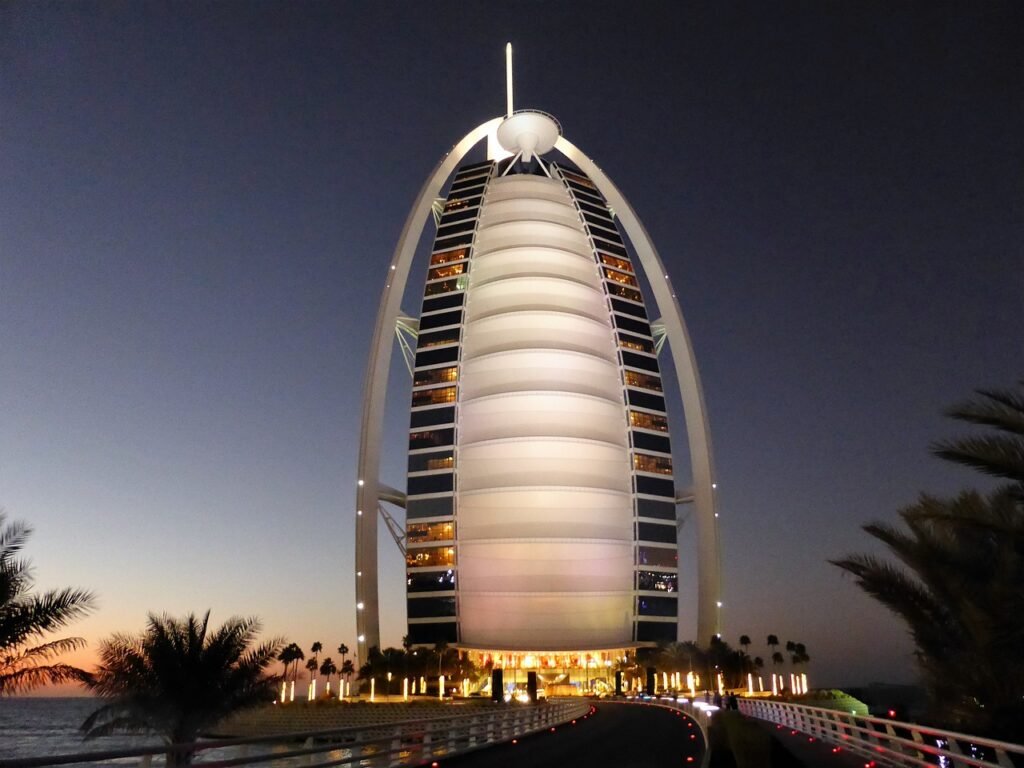
If you’re looking for the ultimate in comfort and luxury, then luxury hotels are the way to go. These types of hotels offer top-notch amenities, spacious rooms, and exceptional service. From five-star resorts to boutique hotels, luxury hotels are designed to provide guests with a lavish and unforgettable experience. They offer a complete experience for their guests. You can indulge in world-class dining at their fine restaurants, where renowned chefs create culinary masterpieces. The spa and wellness facilities provide a haven of relaxation, offering a range of treatments and therapies. Staying in a luxury hotel is an experience like no other, where every moment is designed to exceed your expectations.
Chain Hotels
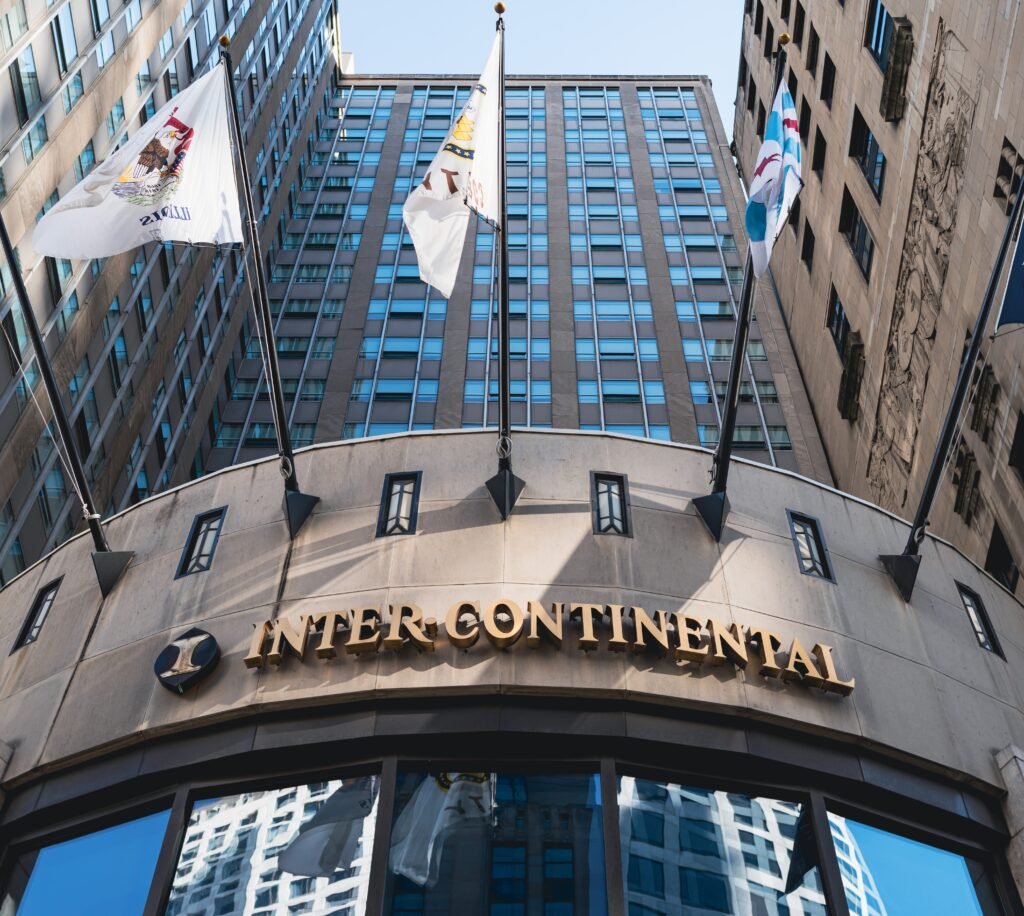
When it comes to different types of hotels, Chain hotels is one of the biggest and most important group worldwide. They are hotels that are a part of a larger group or brand. These hotels have multiple locations in different cities or even countries, offering a standardized experience to their guests. They are known for their consistency in service, amenities, and design.
Some of the most popular chain brands to mention are: Intercontinental Hotels, Marriott, Hilton, Hyatt etc… One of the main advantages of staying at a chain hotel is the familiarity it provides.
Whether you’re traveling for business or leisure, you can expect a certain level of quality and reliability when you choose a chain hotel. From the moment you step into the lobby to the comfort of your room, you can trust that the experience will be consistent across all the hotel’s locations.
Another benefit of chain hotels is their loyalty programs. Many chains offer rewards programs that allow frequent guests to earn points or receive exclusive benefits. These programs can be a great way to save money and enjoy additional perks during your stay. These hotels also tend to have a wider range of amenities compared to independent hotels. From on-site restaurants and bars to fitness centers and swimming pools, you’ll often find a variety of facilities to enhance your stay.
Is it important to mention that a chain hotel can be as well a luxury hotel, resort hotel or a boutique hotel or any other type of a 5 star hotel
All Suites Hotels
When we talk about luxury accommodation, suit hotels are a popular choice for travelers seeking comfort and style. These types of hotels offer a range of amenities and services that cater to the needs of discerning guests. These types of hotels will normally have the “suites” name on it making easier for guest and travelers to recognize them.
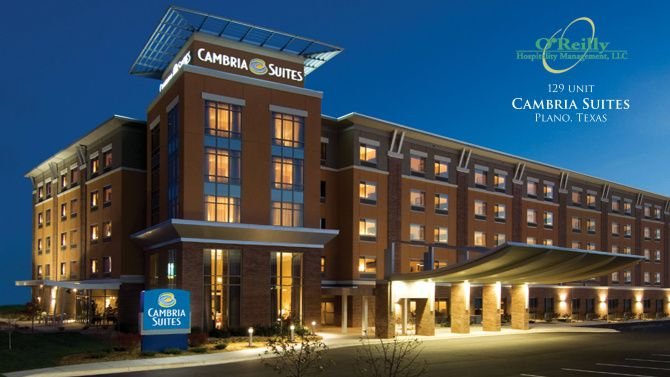
One of the main attractions of suit hotels is the spaciousness and elegance of their suites. These rooms are designed to provide a home away from home, with separate living areas, bedrooms, and often a kitchenette. The décor is typically modern and sophisticated, with high-quality furnishings and luxurious finishes.
Resort Hotels
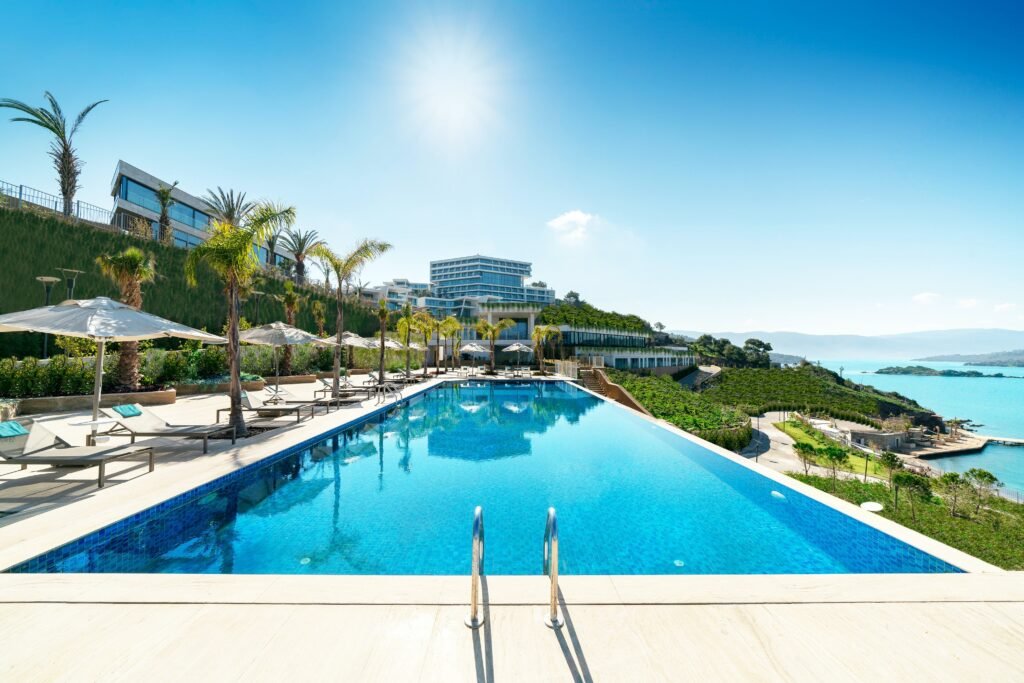
If you’re looking for a vacation filled with relaxation and entertainment, then resort hotels are the way to go. These hotels are typically located in popular tourist destinations and on large pieces of land, allowing for spacious accommodations and plenty of outdoor space which they offer a wide range of amenities such as pools, spas, restaurants, and recreational activities. Resort hotels are perfect for families or anyone looking for a fun and enjoyable getaway.
Another key aspect of resort hotels is the variety of activities available. Whether you’re interested in water sports, fitness classes, or simply lounging by the pool, there’s something for everyone at a resort hotel. Many resorts also offer organized excursions and tours, ensuring that guests have plenty of options for exploration and adventure.
Boutique Hotels
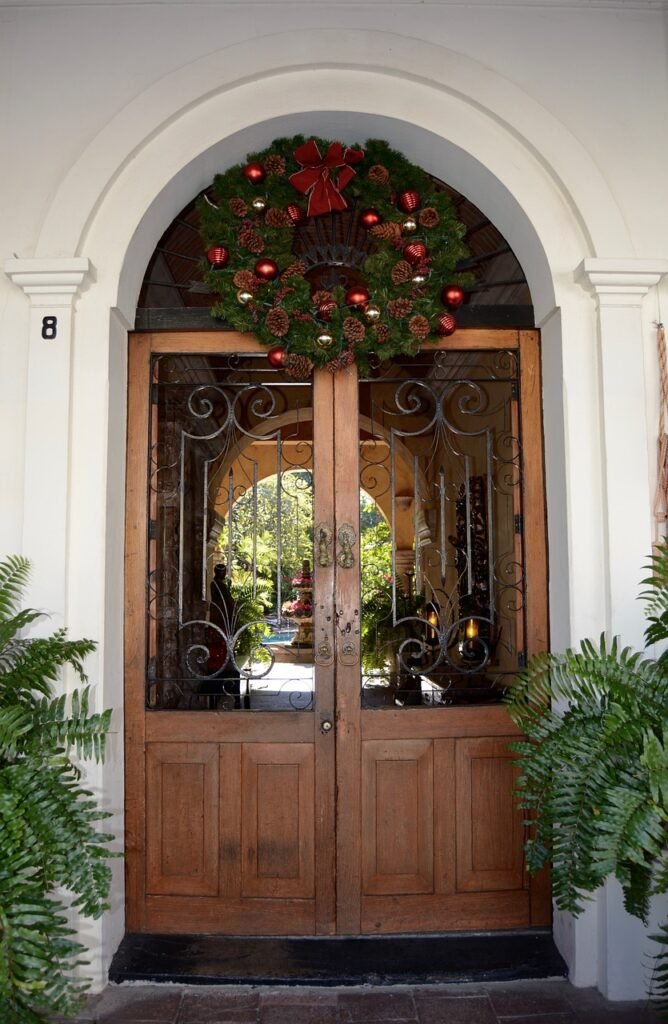
Boutique hotels are known for their unique charm and personalized service. These smaller, independent hotels often have a distinct theme or style, making them a popular choice for travelers looking for a more intimate and personalized experience. Boutique hotels are often located in trendy neighborhoods and offer a more authentic and local feel. Boutique hotels have their own unique style and character, often reflecting the local culture or history of the destination. From trendy urban retreats to rustic countryside escapes, boutique hotels offer a range of options to suit every traveler’s taste.
Another key aspect of boutique hotels is their focus on exceptional service. With a smaller number of rooms, the staff can provide more personalized attention to each guest. From personalized welcome notes to tailored recommendations for local attractions and dining, boutique hotels go above and beyond to ensure a memorable stay.
Business Hotels

Designed for business travelers, business hotels offer convenient amenities such as conference rooms, business centers, and high-speed internet access. These hotels are typically located in close proximity to business districts and offer services tailored to the needs of business travelers, such as early check-in and late check-out options. Business hotels also offer services like 24-hour room service, laundry facilities, and business centers. These services ensure that guests have everything they need to stay productive and comfortable throughout their trip.
Moreover, business hotels often have a dedicated concierge team that can assist guests with arranging transportation, making restaurant reservations, and providing local information. This personalized service adds value to the overall experience of staying at a business hotel. Business hotels are designed to provide a seamless and efficient experience for business travelers. They combine comfort, convenience, and functionality to meet the unique needs of professionals on the road.
Leisure Hotels
Leisure hotels are a popular choice for travelers who are seeking relaxation and rejuvenation during their vacations. These hotels are designed to provide a wide range of amenities and activities that cater to the leisure needs of guests.

One of the key features of leisure hotels is their emphasis on providing a serene and tranquil environment. These hotels are usually located in picturesque locations, away from the hustle and bustle of city life. The serene surroundings allow guests to unwind and enjoy the beauty of nature.
Leisure hotels offer a variety of recreational facilities to keep guests entertained. From swimming pools and fitness centers to spa and wellness centers, these hotels have it all. Guests can indulge in activities such as swimming, yoga, spa treatments, and more.
Entertainment Hotels

Entertainment hotels are a new trend in the hospitality industry, offering guests a unique and immersive experience. These types of hotels go beyond just providing a comfortable place to stay; they also feature a variety of entertainment facilities and activities to keep guests entertained throughout their stay.
From live music performances and comedy shows to casinos and water parks, entertainment hotels have something for everyone. Whether you’re traveling with family or friends, you’ll never run out of things to do.
Casino Hotels

These unique establishments offer a one-of-a-kind experience that combines the excitement of gambling with the comfort and opulence of a high-end hotel. At a casino hotel, guests can enjoy a wide range of amenities, including world-class restaurants, spa facilities, and live entertainment. But the real draw is the casino itself, where visitors can try their luck at a variety of games such as blackjack, roulette, and slot machines.
Casino Hotels are known for their exceptional hospitality and attention to detail. From the moment guests check-in, they are treated like VIPs, with personalized service and access to exclusive amenities.
Conference and Convention Centres

Conference and convention centres hotels are specially designed hotels that cater to the needs of business events. These hotels offer state-of-the-art facilities and services to ensure a successful and memorable event. One of the key advantages of choosing a conference and convention centre hotel is the convenience it offers. These hotels are equipped with spacious meeting rooms, conference halls, and exhibition spaces, making them ideal for hosting large-scale events such as conferences, conventions, trade shows, and seminars.
Conference and convention centres hotels are strategically located in major business hubs and tourist destinations, offering easy access to transportation, attractions, and amenities. This ensures that your event attendees have a seamless experience and can make the most of their time during the event.
Airport Hotels
Airport hotels are accommodations located near airports, providing convenience and comfort for travelers. These hotels offer a range of amenities and services designed to cater to the needs of those passing through or visiting the area.
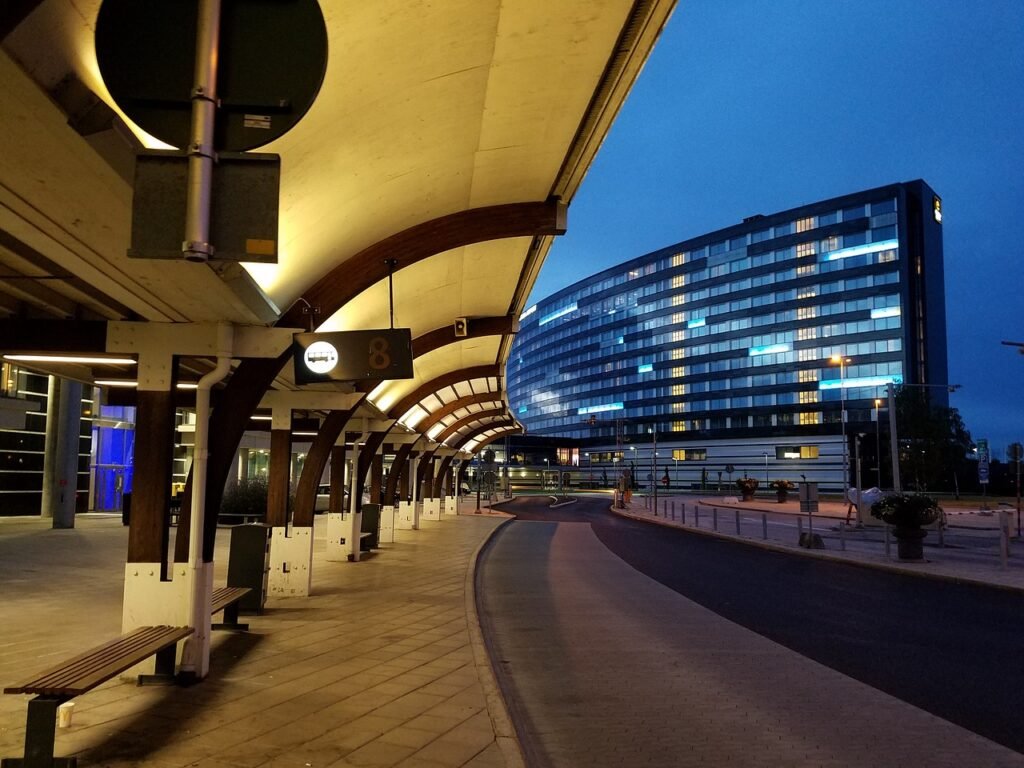
One of the main advantages of airport hotels is their distance to the airport terminals. This makes them an ideal choice for travelers with early morning or late-night flights, as they can easily reach the airport without having to worry about long commutes or traffic delays.
Airport hotels often provide shuttle services to and from the airport, making the journey even more convenient. This eliminates the need for travelers to arrange transportation separately, saving time and effort.
Airport hotels also cater to business travelers who may need to attend meetings or conferences near the airport. These hotels often have meeting rooms and event spaces, making them a convenient choice for corporate events or business gatherings.
Motels
A motel, short for motor hotel, is a type of accommodation that is designed to cater to travelers who are on the road. Unlike hotels, which are usually located in urban areas and offer a wide range of amenities, motels are typically found along highways or in rural areas.
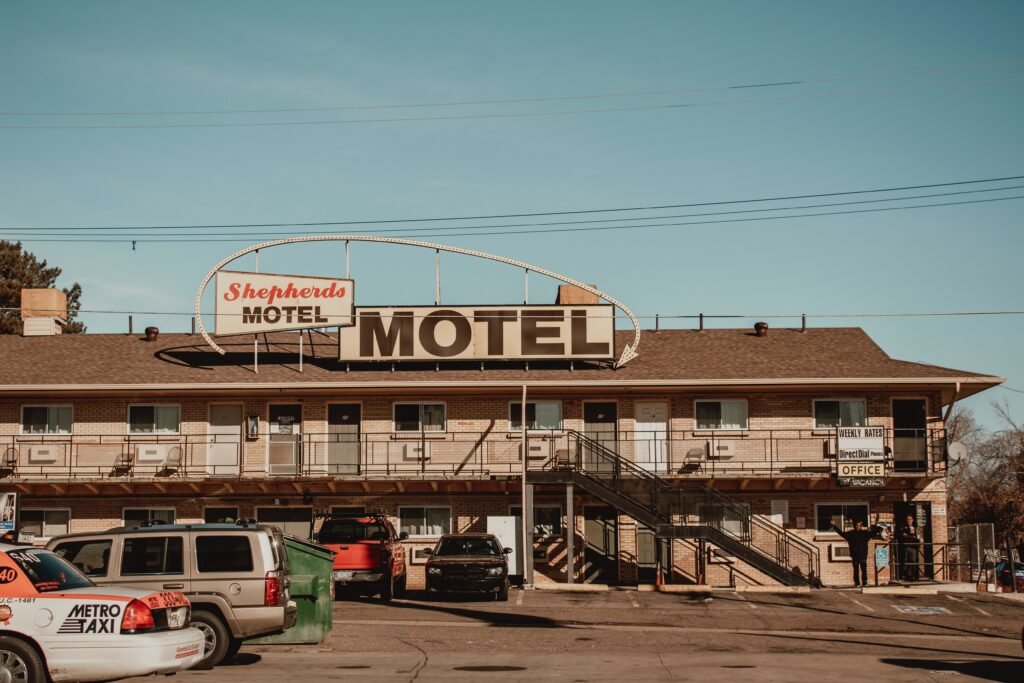
One of the main features of a motel is its easy accessibility. Most motels have parking spaces right outside the rooms, allowing guests to park their vehicles conveniently. This makes motels a preferred choice for road trips or for travelers who are looking for a place to rest for the night.
In terms of amenities, motels usually offer the basic necessities such as a bed, a bathroom, and sometimes a small kitchenette. While they may not have the luxurious features of a hotel, motels provide a comfortable and functional space for travelers.
Budget Hotels
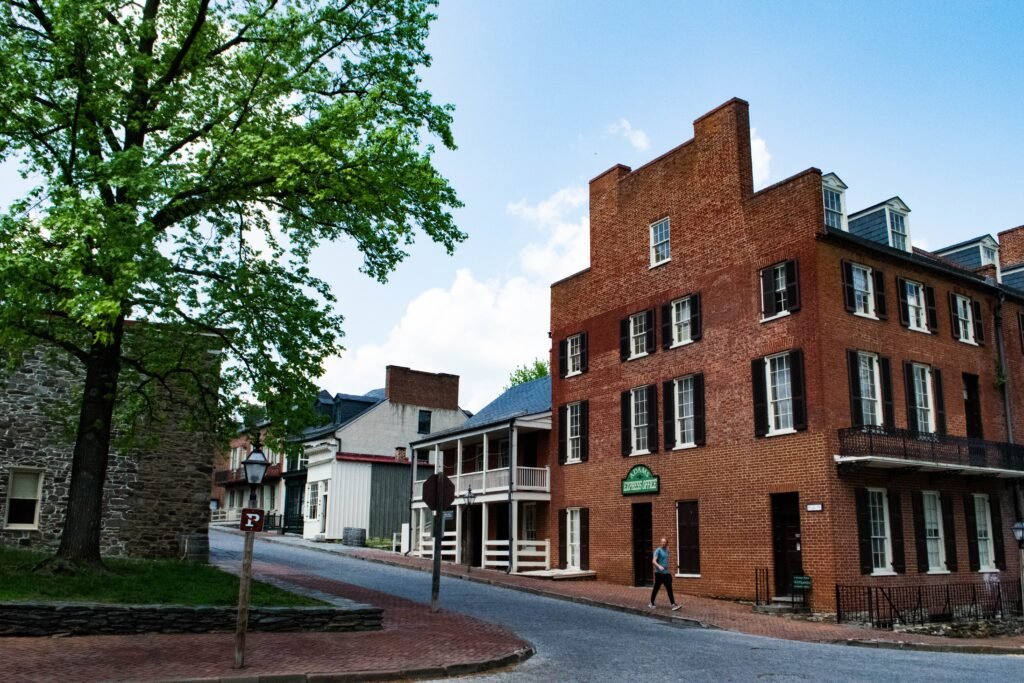
For travelers on a tight budget, budget hotels are the perfect choice. These hotels offer affordable rates without compromising on cleanliness and basic amenities. While the rooms may be smaller and the facilities more limited, budget hotels provide a comfortable stay for those who are looking to save money. Another advantage of budget hotels is their convenient locations. Many budget hotels are strategically situated in city centers or near popular tourist attractions, making it easier for you to explore and navigate your destination. This saves you time and money on transportation costs, as you can easily walk or use public transportation to get around.
Bed and Breakfast or Guesthouse Hotels

Bed and breakfast is another category in types of hotels. These hotels, often referred to as B&Bs, are small establishments that offer overnight accommodations and breakfast for guests. B&Bs are usually located in historic homes or buildings that have been converted into charming guesthouses. These are houses with rooms converted into overnight facilities, this can size up to 2 to 15 guest rooms. What sets bed and breakfast hotels apart is their personalized service and cozy atmosphere.
The owners of these establishments often live on-site and take pride in providing a warm and welcoming experience for their guests. The rooms in B&Bs are typically individually decorated, giving each one a unique character. Unlike big and 5 star hotels that offer a standard continental breakfast, B&Bs serve homemade meals made with fresh, local ingredients. Guests can enjoy a leisurely breakfast in a communal dining area, often getting the chance to meet and socialize with other travelers.
Service Apartments Hotels

Service apartments, also known as serviced apartments or extended stay hotels, are a popular accommodation option for travelers who require a longer stay or prefer the comforts of a home away from home. These hotels offer fully furnished apartments with all the amenities and services of a hotel.
Service apartments hotels are typically larger than traditional hotel rooms and come with a separate living area, kitchenette or full kitchen, and one or more bedrooms. They are designed to provide a more spacious and comfortable living environment, making them ideal for families, business travelers, and individuals relocating to a new city.
One of the key advantages of service apartments hotels is the flexibility they offer. Guests can enjoy the convenience of a hotel, including housekeeping services, concierge assistance, and 24-hour security, while also having the freedom to cook their own meals, do laundry, and relax in a living room.
Hostel Hotels

A hostel hotel is a type of accommodation that offers budget-friendly lodging options for travelers. It is a popular choice among backpackers, solo travelers, and budget-conscious individuals who are looking for affordable accommodations. Unlike traditional hotels, hostels typically offer dormitory-style rooms with bunk beds, allowing guests to share a room with other travelers. This communal living arrangement not only provides a more social atmosphere but also helps to keep the costs down.
One of the main advantages of staying in a hostel hotel is the opportunity to meet other travelers from around the world. Hostels often have common areas such as lounges, kitchens, and outdoor spaces where guests can socialize and exchange travel tips and experiences.
Another advantage of staying in a hostel is the affordability. Hostel rates are usually much lower compared to traditional hotels, making it an attractive option for budget-conscious travelers.
Capsule Hotels
A capsule hotel is a unique accommodation option that originated in Japan. It is a type of hotel that provides small, compact sleeping spaces known as capsules. These capsules are designed to provide the basic amenities needed for a comfortable stay, such as a bed, lighting, ventilation, and sometimes a small television or radio.
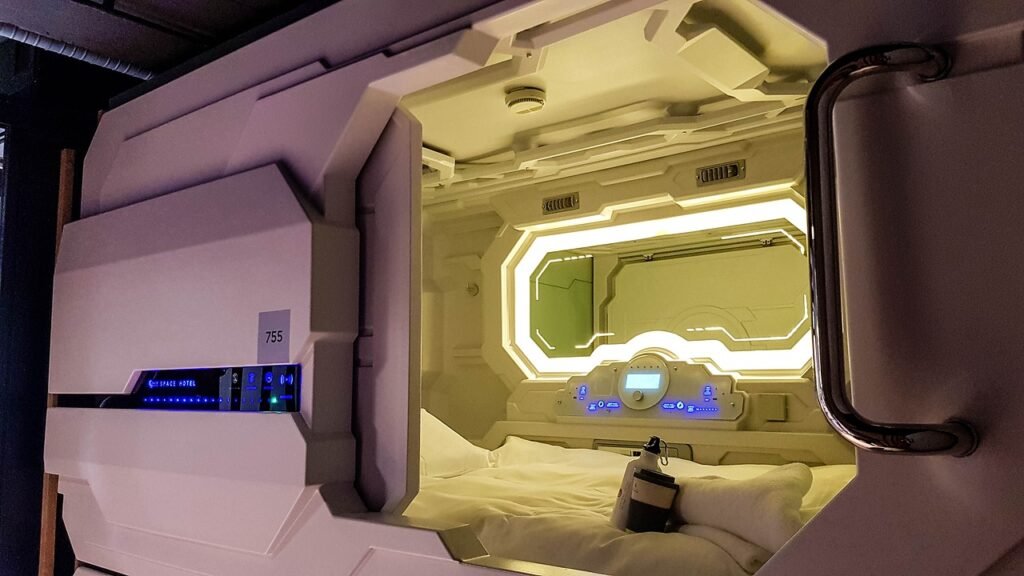
One of the main advantages of staying in a capsule hotel is the affordability. Capsule hotels are way much cheaper than traditional hotels, making them a popular choice among budget-conscious travelers. They also offer a unique and minimalist experience, with the focus on functionality and efficiency.
While the sleeping quarters in capsule hotels are small, they are designed to provide enough space for a comfortable sleep. The capsules are typically equipped with a mattress, pillow, and bedding, ensuring a good night’s rest. Some capsule hotels also offer additional amenities like lockers, charging ports, and Wi-Fi.
Choosing the right type of hotel is essential to ensure a comfortable and enjoyable stay during your travels. Whether you’re looking for luxury, affordability, uniqueness, relaxation, or business-oriented amenities, there is always a type of hotel that will suit your needs. Consider your budget, preferences, and the purpose of your trip when making your decision. Happy travels!


